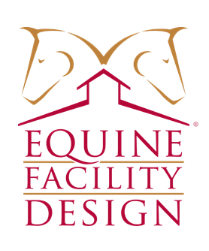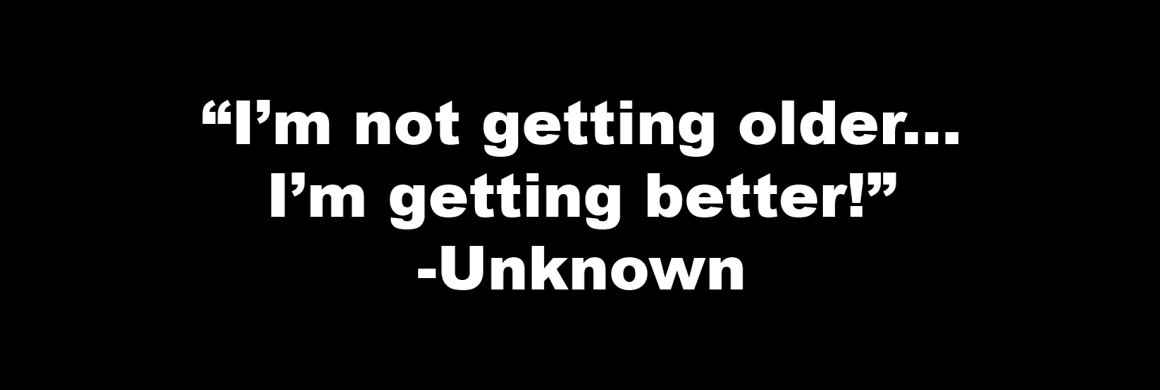Recently, the equestrian world saw a 37-year-old pony make headlines in the UK for winning a dressage competition. The judge told Scrumpy’s rider that the spunky pony looked like a four-year-old.
While not every horse is going to be fresh as a colt well into their golden years, it’s still possible to maintain the happiness and soundness of older horses with smart senior care.
First, know your horse. Memory is faulty, and so when senior horses go downhill gradually, losing condition and good health without the changes to their body being glaringly noticeable, horse owners frequently miss the warning signs while they still have an opportunity to act. Putting weight on a horse is always harder once the horse has lost condition, and treating sore joints or metabolic issues once the damage has begun is a long, hard road.
So be aware of your horse’s condition at all times — take a conformation photo to note the way he’s carrying weight; note his baseline temperature, pulse, and respiration; use a weight tape regularly. Any deviations from your horse’s baseline are a sign to evaluate his diet, health, exercise, even his teeth — and possibly to call your vet for an assessment.
Speaking of teeth, senior horse dental care is of utmost importance. Your horse’s teeth are wearing away as he ages, perhaps even loosening in the gums. Loose teeth make chewing painful and difficult; long teeth can grind into gums. The best diet in the world can’t combat a sore mouth, so keep a standing appointment with the equine dentist.
While we mostly concern ourselves with keeping weight on older horses, obesity can really slow down a senior horse too. Studies show that most horses over the age of twenty have some degree of arthritis in their joints. Carrying extra weight aggravates this joint pain, which will limit a horse’s desire to move — which in turn will eventually limit a horse’s ability to move. And keeping your senior horse moving is the key to keeping your senior horse spry and energetic.
Preventive and therapeutic measures to alleviate arthritis pain and keep a senior horse in work might include joint injections, supplements, and the occasional gram of bute before a particularly intensive workout. Something as simple as regular turn-out is beneficial as well. Standing around in a stall will stiffen joints in a much younger horse, so imagine what it might do to an arthritic old-timer.
Keeping your senior horse in the proper condition so that he can comfortably work or exercise requires some serious strategizing and preventive work. Still, the number of sound and happy twenty and even thirty-something equines out there prove that it can be done. Pay close attention and let your horse’s actions tell you what he needs, and with good luck and hard work you’ll keep your partner happy for years to come.


